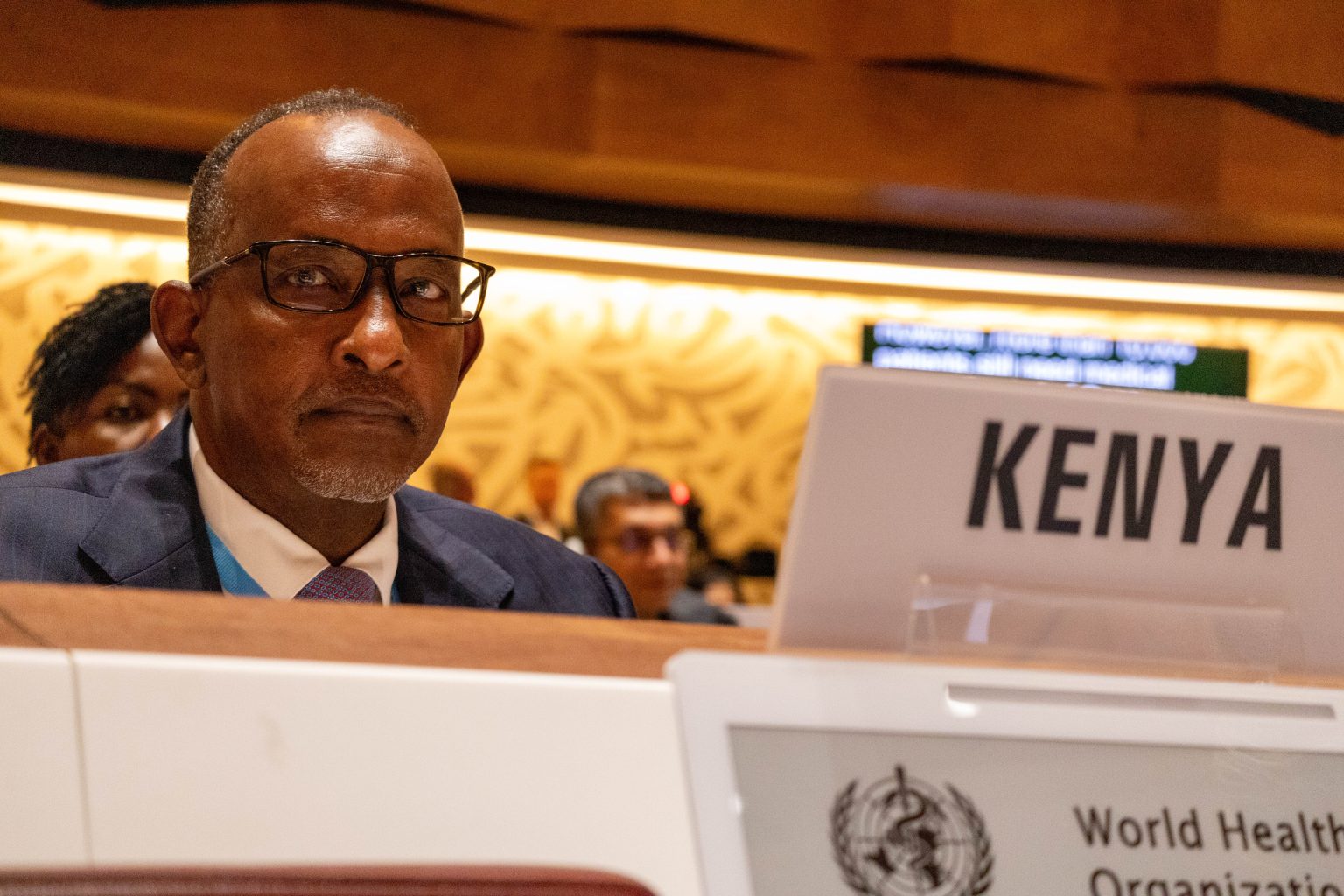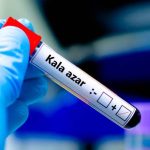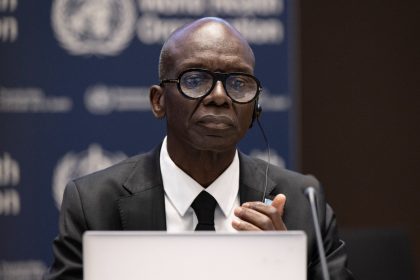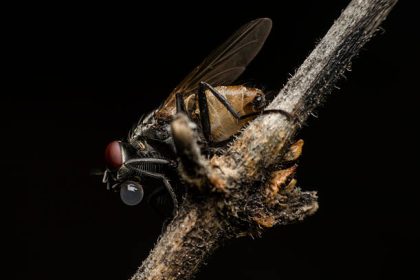The US stepped back—leaving WHO with a $600 million hole, and now member states like Kenya are stepping up with a 20 per cent cash boost in mandatory contributions.
Kenya has pledged to increase its contributions to the World Health Organization (WHO) by 20 per cent for the next four years.
Health Cabinet Secretary Aden Duale announced Kenya’s commitment at the 78th World Health Assembly in Geneva, Switzerland, arguing, “the revised budget will achieve more impact even with less funding.”
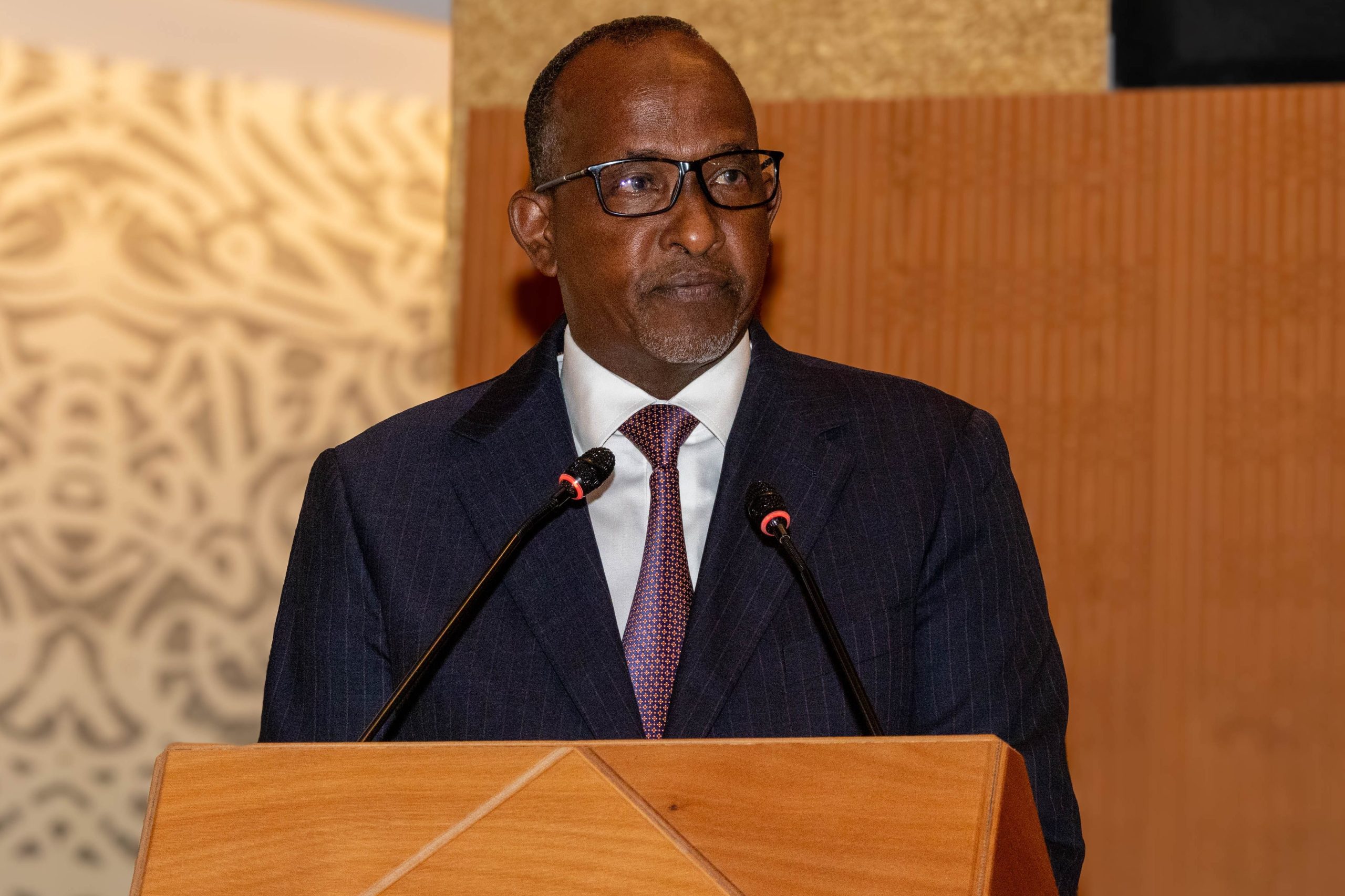
The Investment Round seeks to fund WHO’s 2025-2028 global health plan (14th General Programme of Work) as part of a strategy to support member states and partners for four years.
All WHO members, like Kenya, pay mandatory fees (“assessed contributions”) based on their economic strength. However, these cover less than 20 per cent of the WHO’s budget. The rest comes from voluntary donations by countries, charities, and other partners.
For the period between 2024–2025, Kenya’s gross Assessed Contribution was US$356,510 (about Ksh46 million). After accounting for a credit from the tax equalisation fund, the net amount payable was US$344,510 (over Ksh44 million), split equally over the two years. This contribution represented a paltry 0.03 per cent of total WHO-assessed contributions, placing Kenya among the lower-tier givers.
The world grappling with rising health challenges amid increasing financial setbacks
For the next round of funding for three years to 2028, members approved an increase in contributions, adding a separate US$90 million (Ksh11.5 billion) a year of income as part of WHO’s journey towards sustainable financing.
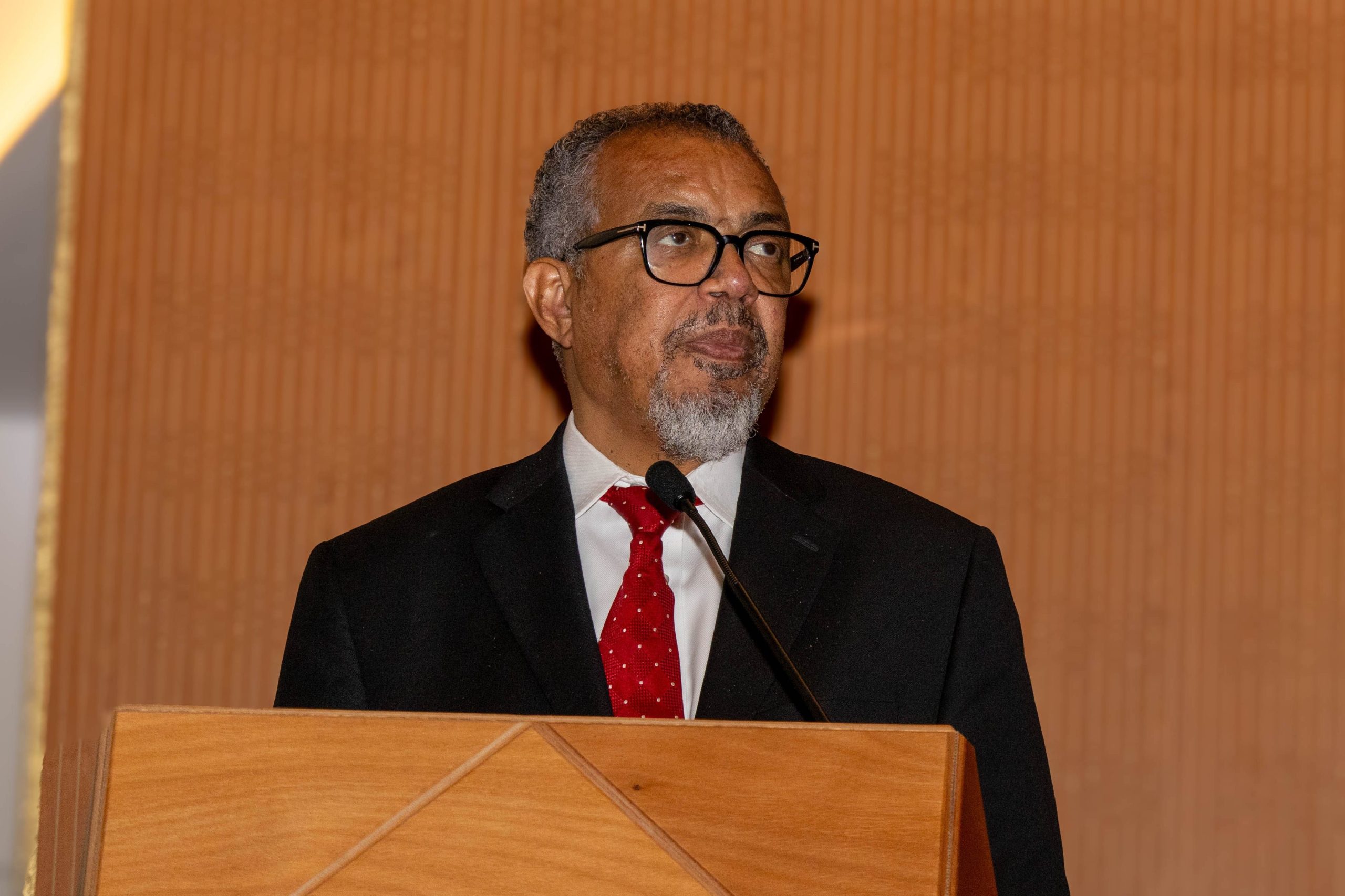
Overall, world leaders pledged an extra US$170 million (over Ksh21 billion) towards WHO’s Investment Round even as the world grapples with rising health challenges amid increasing financial setbacks.
WHO Director-General Dr Tedros Adhanom Ghebreyesus said the pledges were a testimony that “multilateralism is alive and well.”
Dr Tedros was voted in for another term, thanked member states for their generosity on the face of a challenging climate for global health and “these funds will help us to preserve and extend our life-saving work.”
Both long-standing allies and new contributors broadened WHO’s donor base with fresh voluntary funding. Four African countries made their pledges including Kenya, Angola, Gabon and Tanzania, while others are yet to confirm their pledges.
This year’s pledging saw a marked absence by the US since Trump ghosted WHO
Angola was the highest contributor, pledging US$8 million (over Ksh1 billion), followed by Tanzania at US$500,000 (over Ksh64 million) in addition to another US$500,000 that was already announced, totalling over Ksh128 million. Gabon contributed US$150,000 (over Ksh19 million).
WHO noted that eight of the donors included a flexible contribution which is the most valuable sort of funding, and four were first-time donors. It also recognised a rise in individual giving, noting that almost 8,000 people worldwide contributed through the One World Movement, raising over US$600,000 (Ksh77 million) to the kitty.
This year’s pledging event saw a marked absence by the United States since its decision to withdraw from WHO membership by President Donald Trump. As of the 2024–2025 period, the US was assessed to contribute approximately $260.6 million to the WHO, representing a 22 per cent share of the total assessed contributions, and making it the largest single contributor in this category.
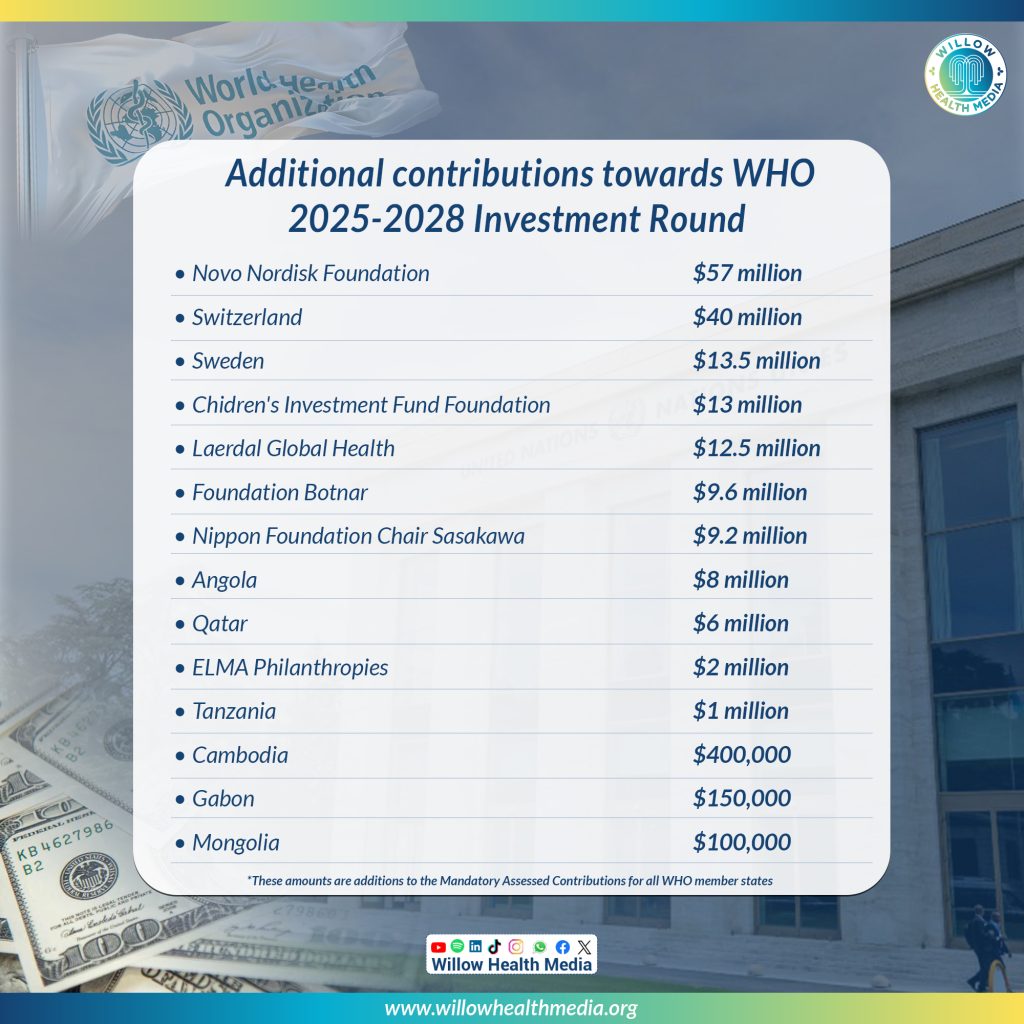
The impending withdrawal has significant financial implications for WHO
In addition to assessed contributions, the US historically provided substantial voluntary funding. For instance, in 2022–2023, the US donated $1.28 billion to WHO’s budget, encompassing both assessed and voluntary contributions.
However, in January 2025, the Trump administration withdrew US membership, citing concerns over the organization’s effectiveness and political influence. The impending withdrawal has significant financial implications for WHO, which anticipates a $600 million gap in its current budget and a projected 21 per cent funding cut over the next two years.
It is against this shortfall that the WHO approved a revised two-year budget of $4.2 billion and requested members to increase their mandatory contributions by 20 per cent to stabilise funding.
World leaders in Geneva emphasised the need for continued investment and the strategic value of flexible and diversified financing to help the WHO fill the funding gap in order to attain its goals towards sustainable financing.



